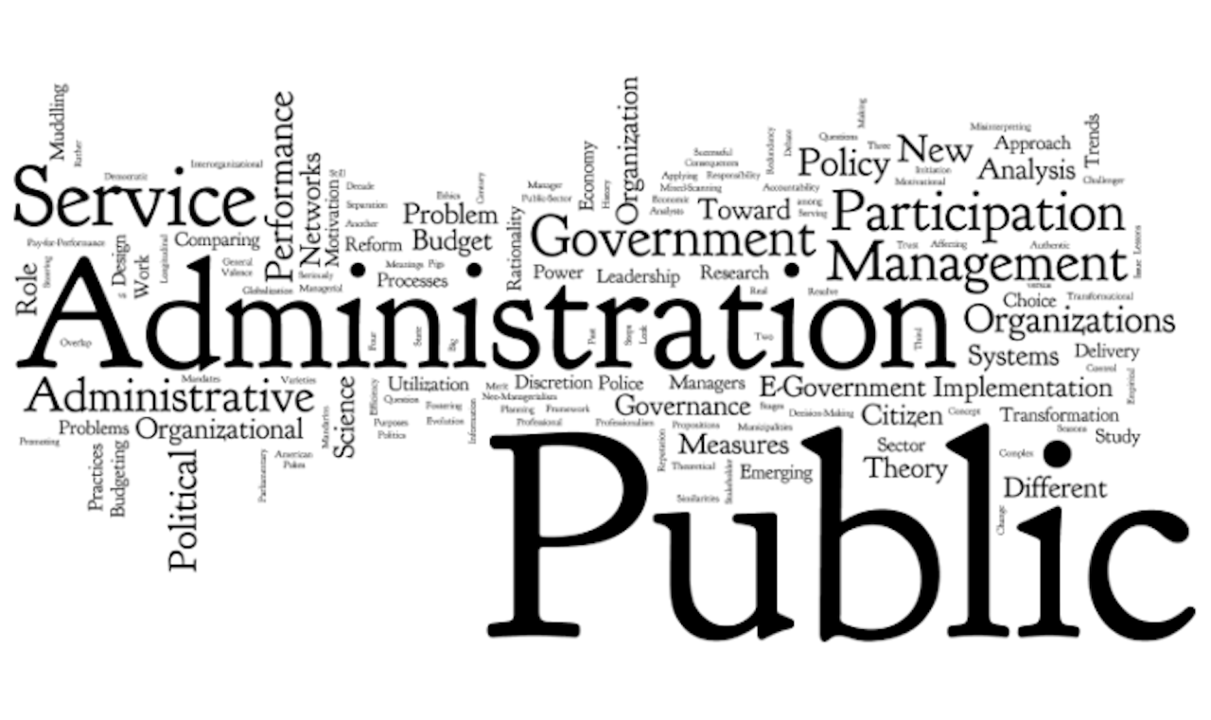
As a manager, you will probably have to work with people from different teams and at different levels. You will need to be able to value and appreciate differences and build rapport. You must also learn how to create alliances, and negotiate well. Effective collaboration is built on trust and sharing of goals. You will need patience and good communication. It helps you accept delays and problems without becoming annoyed. This skill is crucial for those who are uncertain of their work.
Comppassion
Managers must learn compassion. It helps you respond more effectively to the suffering of others, and can increase performance and engagement. It is an essential ingredient in good leadership. The author of "The Compassionate Manager" Jason Lauritsen describes this skill as a key ingredient for a healthy management style. His goal? To free managers from inhumane, outdated management practices. Here are a few tips for developing this skill.

Commercial awareness
Having strong commercial awareness is an essential skill for managers and executives in a business environment. It is crucial to be familiar with market trends and the competitive landscape within a sector. This skill will allow you to make quick, informed decisions that are vital to the company's success. In addition, it will help a person distinguish strengths and weaknesses within a team and identify opportunities for improvement.
Self-awareness
Self-awareness is one of the most important skills in management. This skill allows leaders and managers to better understand their teams' dynamics. Being self-aware allows leaders to create a culture in which tensions are addressed. This can prevent knee-jerk responses, which can lead towards burnout. Self-aware leaders can also make better decisions and design better strategies for their teams. Leaders can become more aware of their own capabilities and be better equipped to address issues within their teams. This will improve their performance.
Empathy
Empathy is essential for management because it helps employees succeed at work. Many modern teams are made up of different personalities and perspectives. This makes for a more collaborative environment but can also lead to conflict. Empathetic leaders listen to their team members' challenges and try to help them. In addition to creating an inclusive and unified work environment, empathetic leaders can attract and retain top talent. So how do you cultivate empathy?
Time management
Anybody who wants to do their job well must be able to manage his or her time effectively. Whether you are a manager or a business owner, good time management will make you more productive and efficient. Whether you have to complete a large project or spend a few minutes on a small task, time management skills are crucial to success. They will help you achieve more in less time and require less effort. No matter what position you hold, time management is a valuable soft skill.

Problem-solving
Leaders need to be strong at problem solving. Leaders who can solve problems effectively create a positive atmosphere at work. They eliminate rework and promote continuous improvement. They are able to spot problems quickly and start the problem-solving process immediately. They are alert for signs that indicate trouble and can assess whether the solution is feasible and will have a positive impact on the organization. Good problem-solvers can also recognize when a process isn’t working and recommend a redesign.
FAQ
Which kind of people use Six Sigma
Six sigma is a common concept for people who have worked in statistics or operations research. Anybody involved in any aspect or business can benefit.
It requires high levels of commitment and leadership skills to be successful.
How can a manager motivate his/her staff?
Motivation is the desire to do well.
It is possible to be motivated by doing something you enjoy.
You can also feel motivated by making a positive contribution to the success in the organization.
For example: If you want to be a doctor, you might find it more motivating seeing patients than reading medical books all day.
Another source of motivation is within.
You may feel strongly that you are responsible to help others.
You may even find it enjoyable to work hard.
If you don't feel motivated, ask yourself why.
Then think about how you can make your life more motivating.
What are management theories?
Management Concepts are the management principles and practices that managers use in managing people and resources. These topics include job descriptions, performance evaluations and training programs. They also cover human resource policies, job description, job descriptions, job descriptions, employee motivation, compensation systems, organizational structures, and many other topics.
What are the 4 main functions of management?
Management is responsible for planning, organizing, directing, and controlling people and resources. It also includes developing policies and procedures and setting goals.
Organizations can achieve their goals through management. This includes leadership, coordination, control and motivation.
The four main functions of management are:
Planning – Planning involves deciding what needs to happen.
Organizing: Organizing refers to deciding how things should work.
Directing – This means to get people to follow directions.
Controlling: Controlling refers to making sure that people do what they are supposed to.
What is the difference of leadership and management?
Leadership is all about influencing others. Management is about controlling others.
Leaders inspire followers, while managers direct workers.
A leader motivates people to achieve success; a manager keeps workers on task.
A leader develops people; a manager manages people.
What are the key management skills?
Managerial skills are crucial for every business owner, regardless of whether they run a small store in their locality or a large corporation. They are the ability to manage people and finances, space, money, and other factors.
Management Skills are also needed when you're setting goals and objectives, planning strategies, leading teams, motivating employees, resolving problems, creating policies and procedures, and managing change.
As you can see, there's no end to the list of managerial duties!
Statistics
- The BLS says that financial services jobs like banking are expected to grow 4% by 2030, about as fast as the national average. (wgu.edu)
- 100% of the courses are offered online, and no campus visits are required — a big time-saver for you. (online.uc.edu)
- This field is expected to grow about 7% by 2028, a bit faster than the national average for job growth. (wgu.edu)
- Our program is 100% engineered for your success. (online.uc.edu)
- Your choice in Step 5 may very likely be the same or similar to the alternative you placed at the top of your list at the end of Step 4. (umassd.edu)
External Links
How To
How do you do the Kaizen method?
Kaizen means continuous improvement. Kaizen is a Japanese concept that encourages constant improvement by small incremental changes. It's where people work together in order to improve their processes constantly.
Kaizen is one of Lean Manufacturing's most efficient methods. The concept involves employees responsible for manufacturing identifying problems and trying to fix them before they become serious issues. This increases the quality of products and reduces the cost.
Kaizen is the idea that every worker should be aware of what is going on around them. Correct any errors immediately to avoid future problems. It is important that employees report any problems they see while on the job to their managers.
There are some basic principles that we follow when doing kaizen. We always start from the end product and move toward the beginning. We can improve the factory by first fixing the machines that make it. Next, we repair the machines that make components. Then, the machines that make raw materials. Then, we fix those who work directly with the machines.
This approach is called 'kaizen' because it focuses on improving everything steps by step. After we're done with the factory, it's time to go back and fix the problem.
To implement kaizen in your business, you need to find out how to measure its effectiveness. There are many ways you can determine if kaizen has been implemented well. One method is to inspect the finished products for defects. Another way is to see how much productivity has increased since implementing kaizen.
A good way to determine whether kaizen has been implemented is to ask why. It was because of the law, or simply because you wanted to save some money. You really believed it would make you successful?
If you answered yes to any one of these questions, congratulations! You're now ready to get started with kaizen.